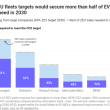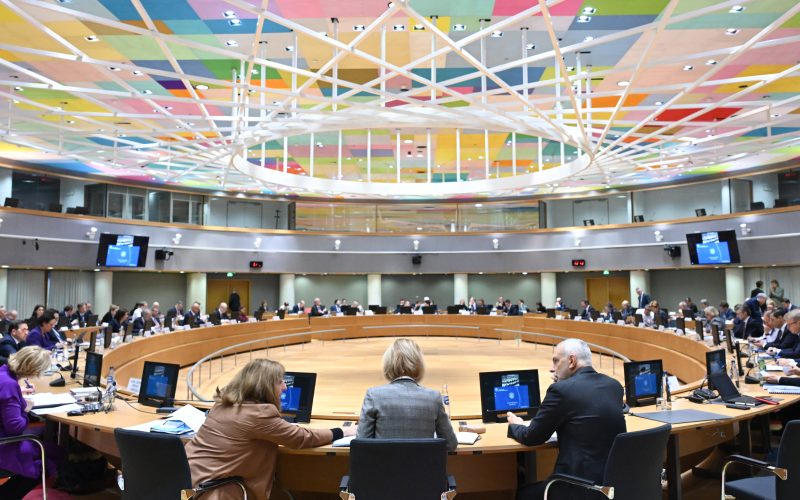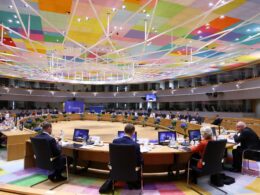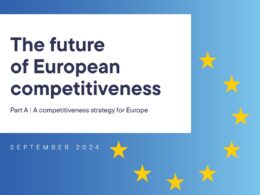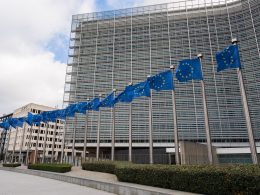The European Council has formally adopted a regulation aimed at reducing packaging waste and promoting sustainability across the EU. The new rules set binding targets for re-use, restrict single-use packaging, and require economic operators to minimise packaging use. Covering the entire life cycle of packaging, the regulation introduces measures to curb waste generation and improve recycling.
The new regulation introduces ambitious targets to enhance the sustainability of packaging materials. By 2030 and 2040, single-use plastic bottles must contain up to 65% recycled content, significantly increasing the use of recycled materials. To curb waste further, the rules mandate minimising the weight and volume of packaging, explicitly targeting unnecessary packaging. Additionally, the regulation restricts harmful substances, particularly in food contact packaging, by limiting the presence of per- and polyfluorinated alkyl substances (PFAS) above specified thresholds. Enhanced labelling requirements will also ensure consumers have clear information on material composition and recycled content, promoting better sorting and recycling practices.
The regulation also imposes restrictions on specific single-use plastic packaging. It bans the use of single-use plastics for pre-packed fruit and vegetables under 1.5 kilograms, as well as for food and beverages consumed on-site in hotels, bars, and restaurants. Individual condiment portions in the hospitality sector and small toiletry products like shampoo bottles in accommodation settings are similarly prohibited. Additionally, the use of very lightweight plastic bags for bulk groceries, often provided at markets, will be phased out to reduce plastic waste.
The regulation sets binding re-use targets for 2030, with indicative goals for 2040, depending on packaging type (e.g., 40% for transport and sales packaging). Takeaway businesses must allow customers to use their own containers for food and beverages at no extra charge.
Following the formal adoption, the regulation will be published in the EU’s Official Journal and will come into force 18 months later.
Despite increased recycling rates, packaging waste in the EU continues to grow, with 186.5 kg of packaging waste generated per person in 2022, including 36 kg of plastic packaging.
The regulation replaces the outdated 1994 Packaging and Packaging Waste Directive, which failed to sufficiently curb environmental impacts. Proposed by the European Commission in November 2022, the regulation aims to align the EU’s packaging framework with circular economy and climate-neutrality goals.
The European Parliament and Council finalised their positions in late 2023, reaching a provisional agreement in March 2024 after two rounds of negotiations.












